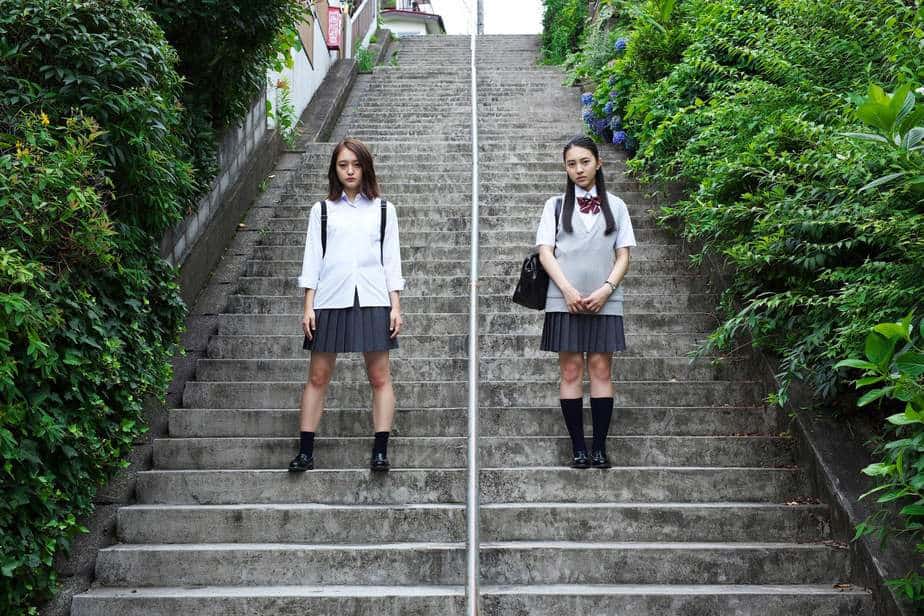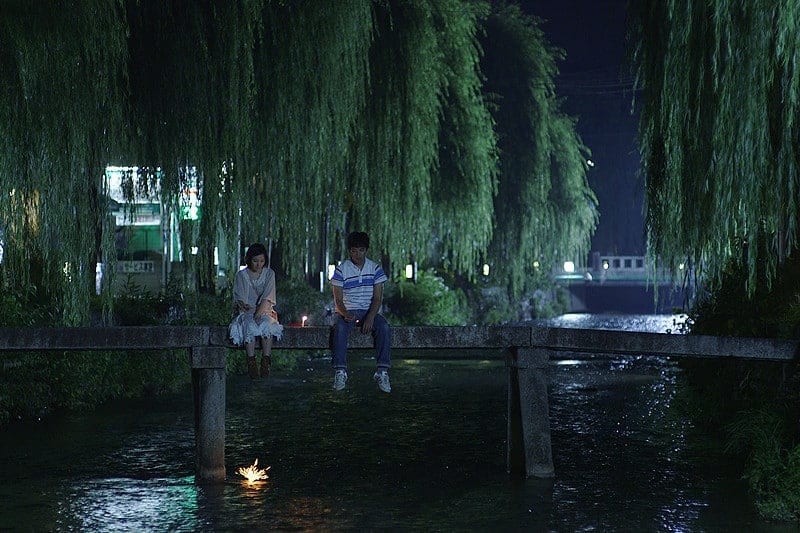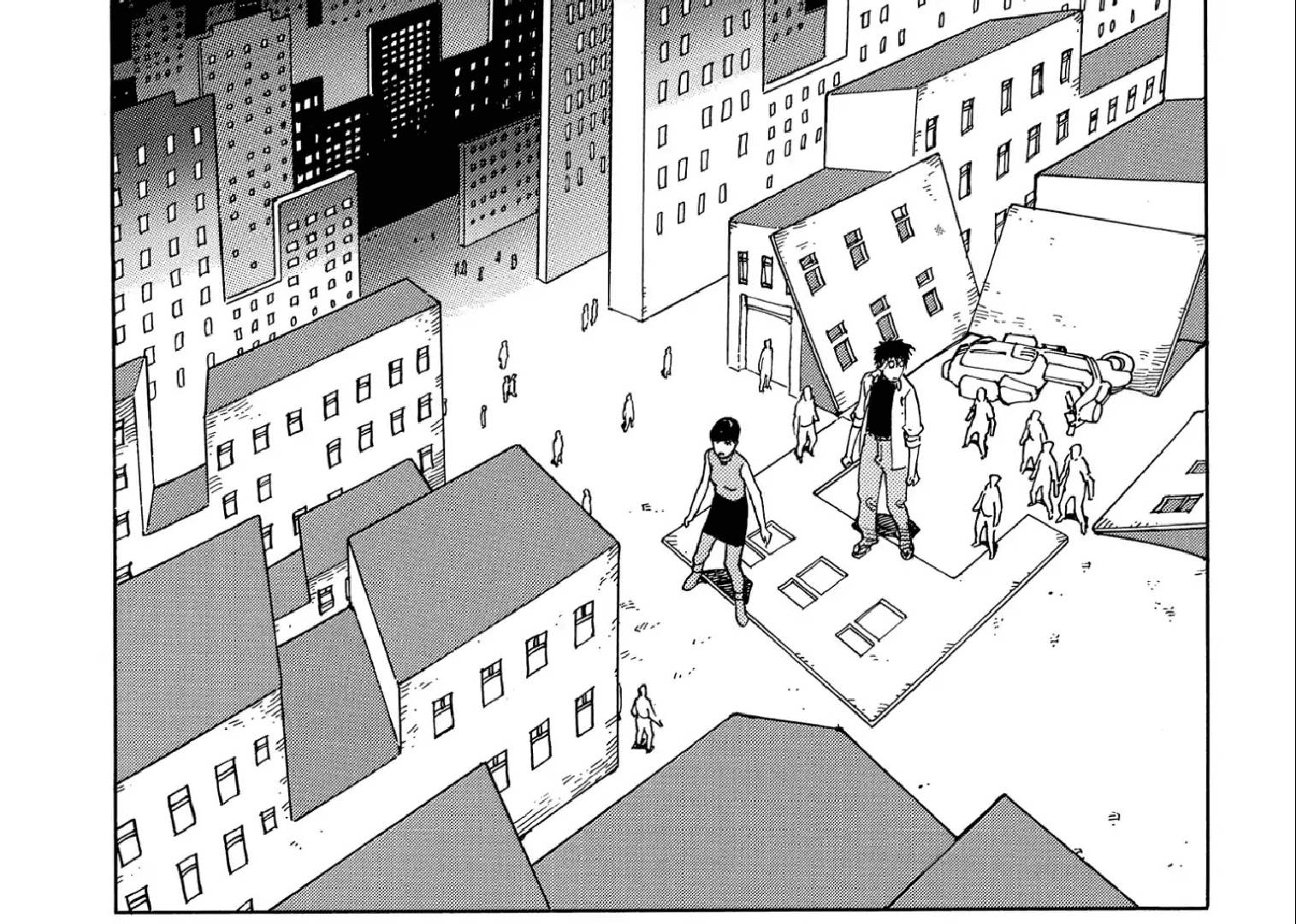Winner of the Grand Prix in the Generation 14plus competition at the Berlin International Film Festival, Farkhat Sharipov's film deals with the dark side of the new-rich Kazakh society, from pyramid schemes to parties with underage girls, with latter aspects being based on the revelations of teenagers who came to the casting of the movie.
Scheme is screening at Busan International Film Festival

Masha, a high school student, is in trouble. It is not just that she frequently ends up completely drunk, to the enragement of her rather tense father, but also that she has entered a very dangerous world, where middle aged men party with teenage girls in luxury apartments. Ramil, a social media celebrity Masha has a crush on, is the middle-man, and the reason Masha participates in this “endeavors” apart from making a bit of money. As the drugs and the drinks come more and more often, Masha finds herself doing things she never imagined, even inviting some of her friends to also participate.
Using mostly handheld cameras, Sharipov and his DP, Alexander Plotnikov, highlight the setting of Almaty with almost documentary-like precision, focusing on the antitheses the surge of money in the city has created. On the one hand, luxurious malls where all the big-name brands are present, and on the other hand, a place where people can buy anything with money, including the company of teenage girls, while the poor are exploited in a number of ways, in order to fulfill their dreams of also becoming rich. The pyramid scheme Masha's mother enters, highlights this last aspect, while the rest are presented through the protagonist's arc.
What becomes quite interesting here is the way Masha reacts to all that is happening, even when she realizes that the parties are not as innocent as they seemed in the beginning. Despite the fact that she ends up completely wasted a number of times, and that the presence of the middle-aged men becomes more and more creepy, she keeps going there. Perhaps it is her feelings for Ramil, perhaps the fact that she is fascinated with a world her parents know nothing about, perhaps it is the money she gets, but in the end, the message seems to be that teenagers do a lot of things, just because they are not thinking properly if at all. Sharipov also places the blame on parents and school, but under no circumstances does he excuse his young protagonist.
Probably the best trait of the movie is the tension Sharipov creates, either through the violent reactions of Masha's father or through the ways the parties escalate, with the dying hair scene and its aftermath being the highlight of the latter. This tension permeates the film throughout, with his own editing, with the somewhat abrupt cuts, adding even more to this sense, which essentially carries the movie from beginning to end of its economic 73 minutes.
Where the movie falters, though, is the finale, which is overly simplistic and optimistic, a misplaced effort towards a kind of a happy ending, which does not fit the rest of the narrative at all. Furthermore, that the ways these rings are shaped and keep operating are never revealed, detracts from the realism of the story, essentially making the whole concept as something deriving from the director's imagination and not something real, in a truly wasted opportunity here.
Apart from this issue, though, “Scheme” is a meticulously shot film about a rather significant issue that is well presented throughout the movie, which is why it definitely deserves a watch.
















